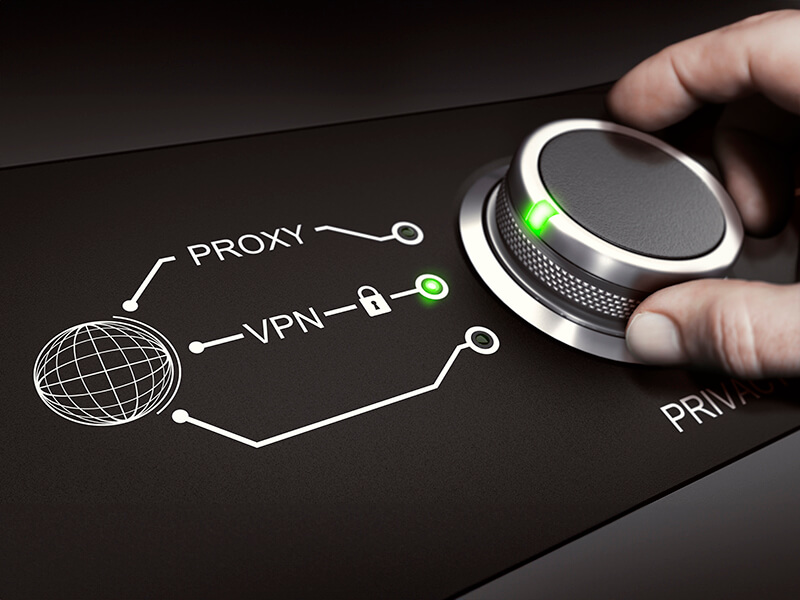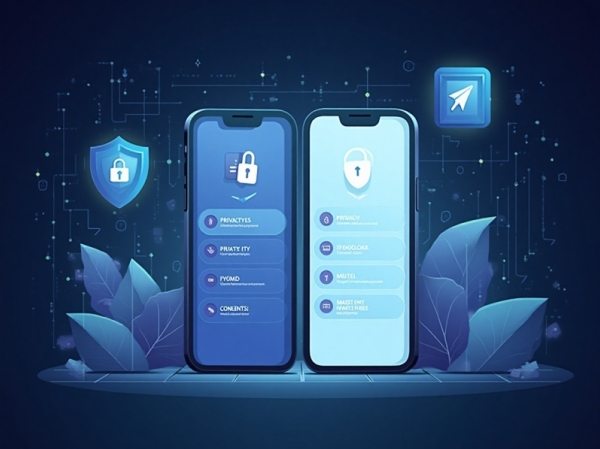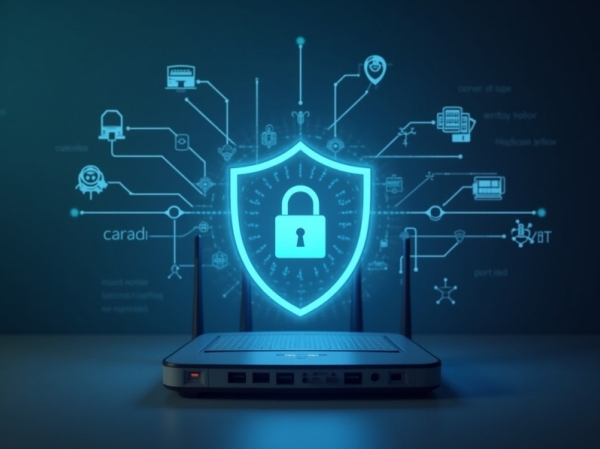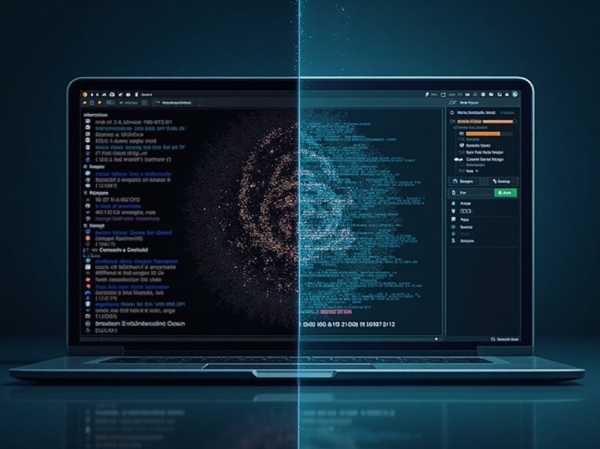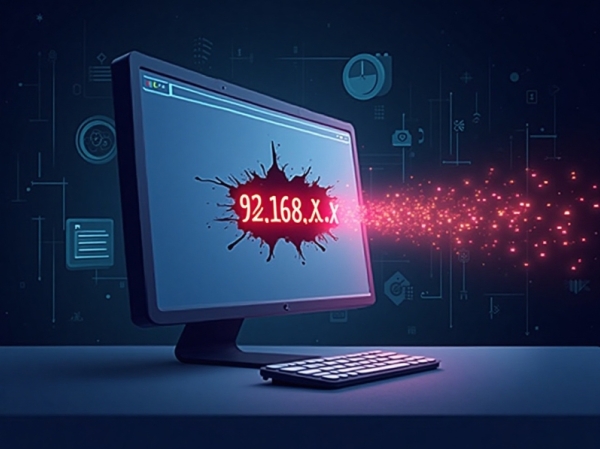In an increasingly connected world, many people ask: Can I hide my IP address? The short answer is yes — but with some caveats. There are several ways to hide your public IP, each with its own benefits, limitations, and risks. In this article, we explain the main available methods and what you should know before using them.
Why would someone want to hide their IP?
Your IP address acts like your digital fingerprint online. It reveals your approximate location, your Internet Service Provider (ISP), and allows websites to track your activity. Hiding your IP can help you:
- Protect your digital privacy.
- Bypass geographic content restrictions.
- Avoid censorship in certain countries.
- Reduce advertiser tracking.
Most common methods to hide your IP
1. VPN (Virtual Private Network)
A VPN routes all your traffic through a secure server, replacing your real IP with that server’s IP. It's one of the most secure and popular ways to hide your IP.
- Pros: Data encryption, anonymity, access to restricted content.
- Risks: Depends on a trustworthy provider, possible speed reduction.
2. Proxy
A proxy acts as an intermediary between your device and the Internet. It changes your IP but doesn’t encrypt your traffic.
- Pros: Useful for quick bypasses or geo-restrictions.
- Risks: Less secure, doesn’t protect personal data.
3. Tor Browser
Tor is a decentralized network that hides your IP by routing your connection through multiple nodes. It's widely used by privacy advocates and activists.
- Pros: High level of anonymity, free to use.
- Risks: Very slow speeds, limited access to some services.
Is it legal to hide your IP?
In most countries, hiding your IP is completely legal as long as it’s not used for illegal activities. Using a VPN or Tor, for example, is not a crime. However, some governments restrict or block these services.
What are the risks of hiding my IP?
Besides possible speed loss, you should also watch out for:
- Free VPN providers that log your activity.
- Unsecure proxies that leak your data.
- A false sense of security: hiding your IP doesn’t make you invincible.
Conclusion
Hiding your IP address is a valid way to protect your online privacy, but it’s not a magic bullet. It’s important to understand how each method works and use them responsibly.
Want to know your current IP and how it appears externally? Visit our tool to check your public IP address now and take the first step towards better online privacy.


